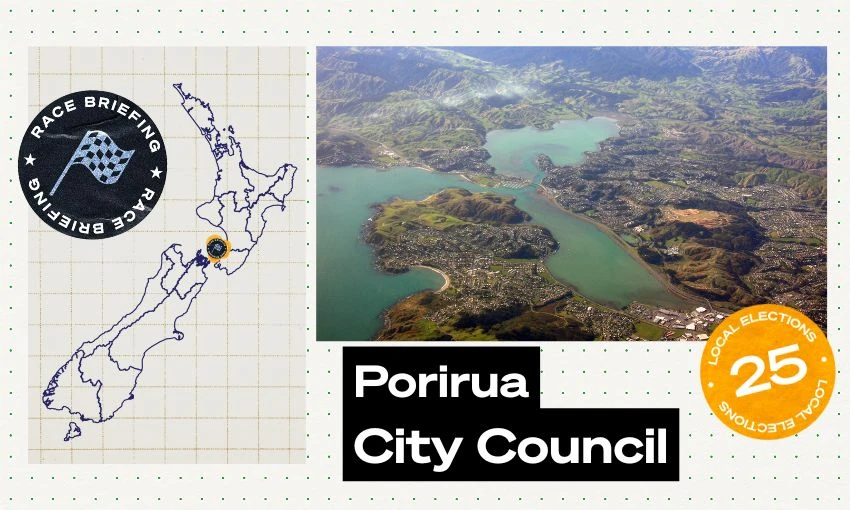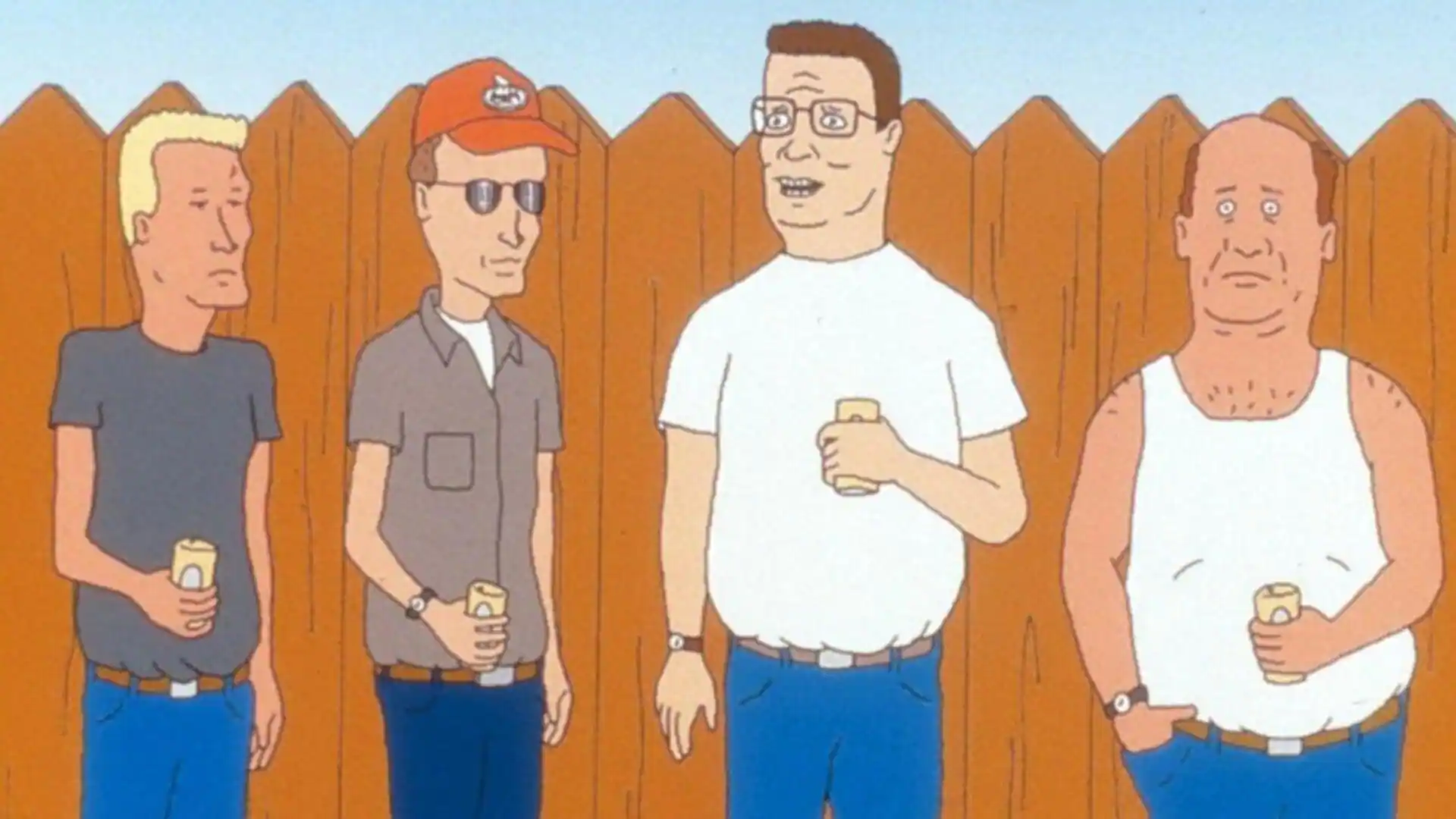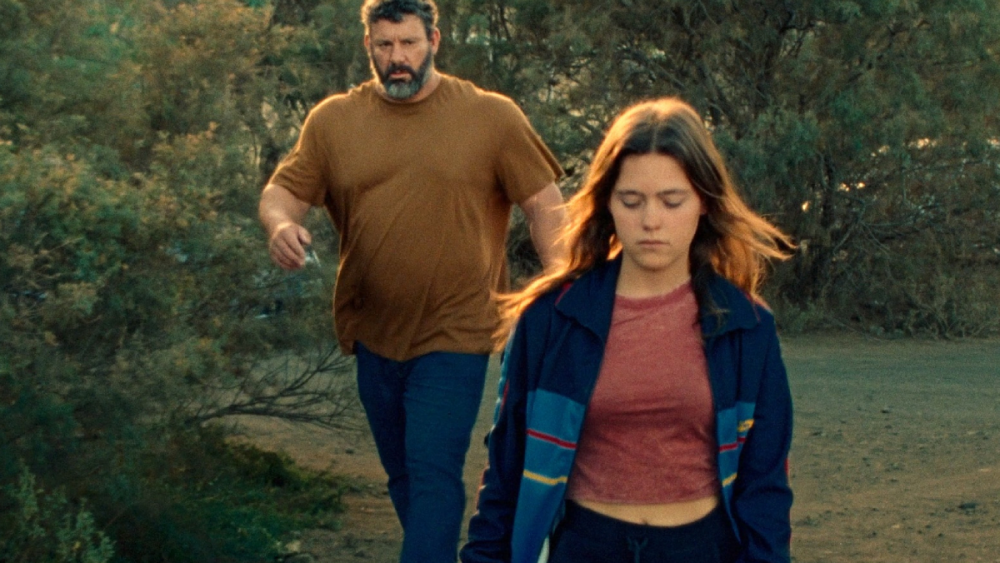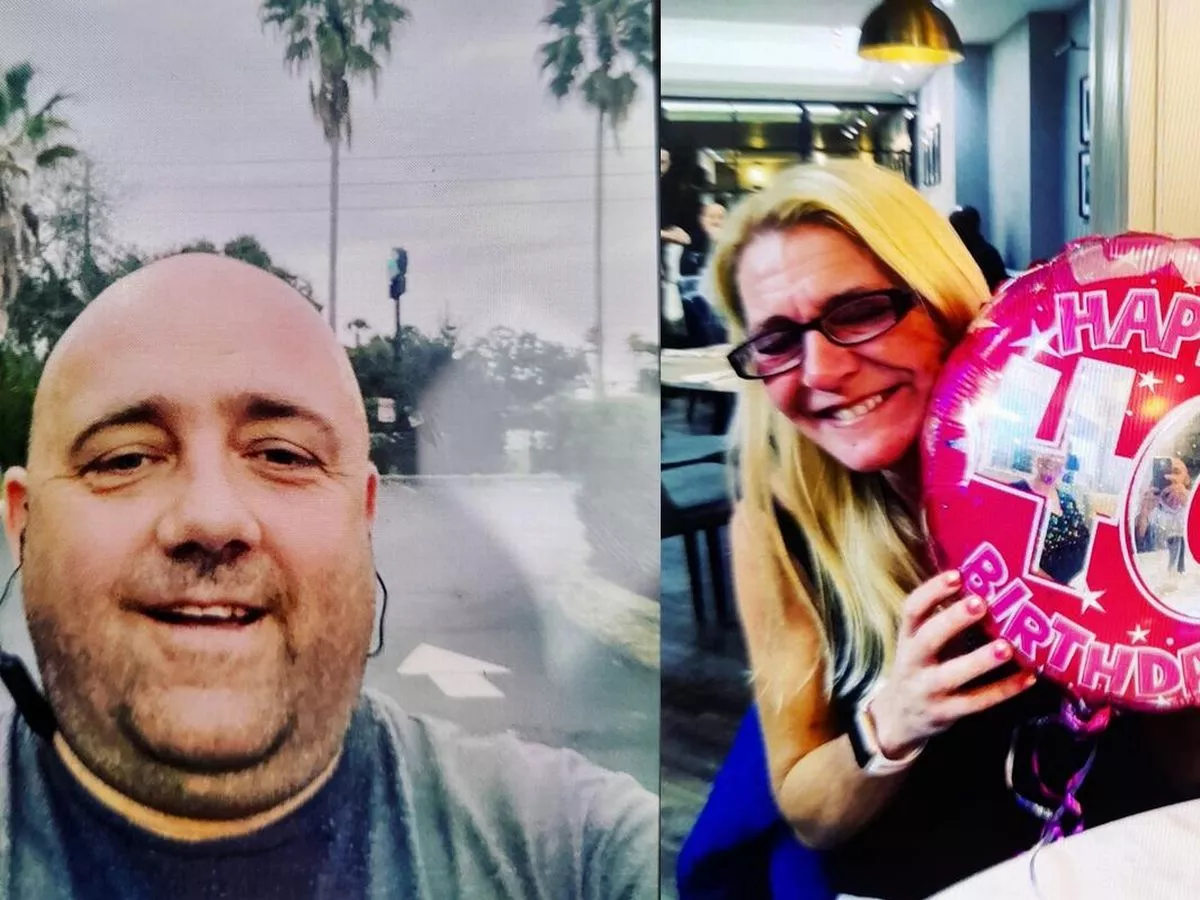By Lyric Waiwiri-Smith
Copyright thespinoff

Porirua is a city of socioeconomic extremes and climate threats, but at least it’s doing better on the rates-rise side than its neighbours.
Why is Porirua the best place in the world?
It’s Wellington, but without the bureaucrats and snobbery: there’s Pātaka Museum for your arts and culture fix, Porirua Harbour for your ocean views, and if it ever gets boring, Mana Island is only a hop and a skip away. Legend has it that the famous navigator Kupe was the first inhabitant to arrive on Porirua’s shores, bestowing the name Te Mana o Kupe ki Aotearoa onto Mana Island and leaving the anchor from his waka, matawhaorua, at Onehunga Bay.
Porirua is a pioneer: it gave Aotearoa its first McDonald’s. These days, it’s the home of the second-best mall in the Wellington region and one of New Zealand’s most important places, the Whittaker’s chocolate factory. It’s also the birthplace of former All Black (and 52-time haka leader) TJ Perenara, US Open winner Michael Campbell, Black Fern Ayesha Leti-I’iga and former Silver Fern Whitney Souness, so there’s definitely something in the water.
What is the contest?
Porirua City Council (PCC) has one mayor and 10 councillors – five are elected to the Onepoto General Ward, four to the Pāuatahanui General Ward and one to the Parirua Māori Ward. Locals can also vote for two representatives for Greater Wellington Regional Council’s (GWRC) Porirua-Tawa constituency – the GWRC looks after the region’s environment, water supplies, transport systems, flood protection and land management.
No matter who wins the city’s mayoral race, Porirua’s future looks female. Incumbent mayor Anita Baker has been in the top seat since 2019 (and retained the role in 2022 with a landslide win), and recently managed to keep the city’s rates increases well below the national average. Hoping to upset Baker’s reign are Kathleen Filo, the daughter of Wellington City Council pouiwi Liz Kelly, who’s a current Onepoto councillor and yoga instructor who’s waging a war on wasteful spending, and Ura Wilson-Pokoati, a school teacher who lost to Baker in the 2022 election.
Filo and Wilson-Pokoati do have other chances of being on the council table, with both candidates running for the Onepoto General Ward. Other Onepoto councillors seeking re-election include Moze Galo, who says he wants to ensure Pasifika voices are heard in a city where four in six tenants evicted from public housing are Pacific families; Izzy Ford, a former Black Fern and Porirua deputy mayor; Mike Duncan, a fan of “sensible spending”; and the Labour-backed Geoff Hayward, who has been pushing for the council to adopt a water charter that would centre public good and the kaupapa underlining Te Mana o Te Wai.
Fresh faces competing for the Onepoto ward include Green Party-endorsed Zac Painting, whose creative hobby is in fact photographing, not painting, the city’s wildlife, Siobhan Samuel, a hairdresser hoping to shape Porirua’s economy into something more innovative, Jaistone Finau, a policy officer with the Ministry of Foreign Affairs, and Yan Zhang, who wants to establish an online platform where locals can track projects around the city in real time. First-time candidate and holistic healing practitioner Sharon Hilling is also in the running, alongside small business owner Angel Domingos and Miriam Albert, who wants to curb paid parking in the city.
In the Pāuatahanui ward, the only current councillor not seeking to retain their seat is Tracy Johnson. That means Labour-backed Josh Trlin, a climate resilience-keen candidate who in 2022 swayed the PCC to back calls to lower the voting age in local elections to 16, Ross Leggett, father to former mayor Nick Leggett, and Nathan Waddle, who is one of those “trim the waste” sorts, are all hoping for another three years around the council table.
Among the newcomer candidates are Moira Lawler, who led PCC’s (now-defunct) community-led development project Village Planning Programme, Brent Ching, a supporter of rates caps and an amalgamated council, and Paul Nation, a farm manager who wants to balance Porirua’s economic growth with environmental protection. At age 25, the youngest candidate in the race is Greens-endorsed Aditi Tiwari, whose priorities are establishing a youth council and “climate-smart” infrastructure, while 27-year-old Phill Houlihan, backed by Act Local, has already butted heads with Mayor Baker over his anti-Māori wards stance.
What is at stake?
The unfortunately nicknamed P-Town gets a bad rap as a city of extremes, with the best and worst housing in the capital, and significant socioeconomic disparities between western suburbs like Whitby and eastern suburbs such as Cannons Creek. In recent years, it has been the country’s most expensive area to rent in, and despite falling emergency housing waitlists, community leaders say costs, availability and overcrowding of housing remain key issues for many Porirua families.
Climate change is another big concern for the seaside city, with the PCC declaring a climate emergency in 2019 amid increasing threats of sea level rise and flooding from natural disasters. Recently, community members met with mana whenua in a citizens’ assembly held by Ngāti Toa CEO Helmut Modlik, where recommendations such as afforestation, conversion of bare land for carbon credits and youth seats at the council table were offered as fixes to the city’s climate fears.
And, like its neighbouring councils in the Wellington region, voters will undoubtedly be thinking about their rates. But compared to the likes of Wellington City or Hutt City councils, Porirua’s locals have come off better than their neighbours, with an average 6.39% rate increase confirmed in June. To do this, the PCC has had to cut grants from the local chamber of commerce and upped the council’s hourly consenting rate – but at least it’s still half of what the ratepayers in Wellington City are coughing up.
This year, locals also have the chance to vote in a non-binding referendum on council amalgamation with Wellington, GWRC, Hutt and Upper Hutt City. A Wellington super-city plan was already scrapped back in 2015, but with concerns over ageing infrastructure and the quality of water services, the idea that a mega-council may be able to keep rates rises down (as has been the case in Auckland) might tempt more public support than it previously has. On the other hand, Porirua locals might be more keen to keep their business to themselves.
The race in a sentence?
Looking to the future of a P-Town that stands for prosperity, protection and people.
The nitty gritty
PCC’s election is decided by the single transferrable vote system, with voting open from now until October 11 (but if you want your voting papers to be received on time, post them by October 7). Read more race briefings and other Spinoff coverage of the local elections here.



